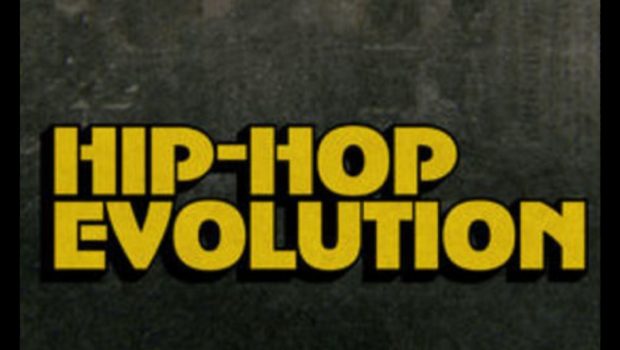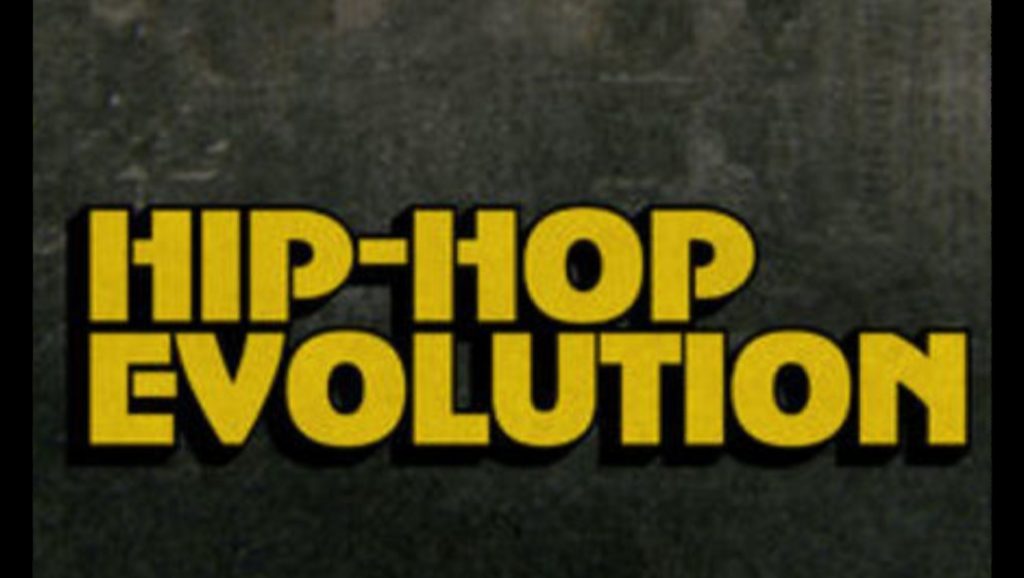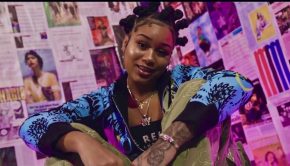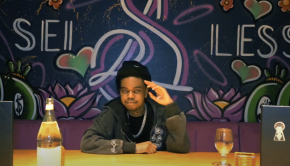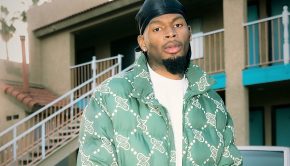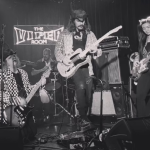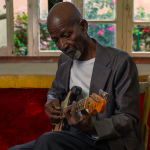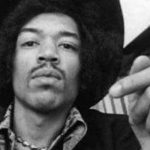Evolution of Hip Hop
By Rosalyn L. Farmer
Rap itself–the rhymes spoken over hip-hop music–began as a commentary on the ability–or “skillz”–of a particular DJ while that DJ was playing records at a hip-hop event. MCs, the forerunners of today’s rap artists, introduced DJs and their songs and often recognized the presence of friends in the audience at hip-hop performances. Their role was carved out by popular African-American radio disc jockeys in New York during the late l96Os, who introduced songs and artists with spontaneous rhymes. The innovation of MCs caught the attention of hip-hop fans. Their rhymes lapped over from the transition period between the end of one song and the introduction of the next to the songs themselves. Their commentaries moved solely from a DJ’s skillz to their own personal experiences and stories. The role of MCs in performances rose steadily, and they began to be recognized as artists in their own rights.
The local popularity of the rhythmic music served by DJs at dance parties and clubs, combined with an increase in “b-boys”–breakdancers–and graffiti artists and the growing importance of MCs, created a distinctive culture known as hip-hop. For the most part, hip-hop culture was defined and embraced by young, urban, working-class African-Americans. Hip-hop music originated from a combination of traditionally African-American forms of music–including jazz, soul, gospel, and reggae. It was created by working-class African-Americans, who, like Herc, took advantage of available tools–vinyl records and turntables–to invent a new form of music that is still relevant today.
Rap’s common designation as “CNN for the culture” may result from the descendence of rappers from respected African oral historians and praise-singers. Artist share and tell stories and were the keepers and purveyors of knowledge, including tribal history, family lineage, and news of births, deaths, and wars all shared over beats.
Traveling you can see how Hiphop has spread the untold stories and knowledge in an accessible form–the spoken word–to and its changed the world. Similarly, in the United States, many rappers create songs that, through performances and records, spread news of their daily lives, dreams, and discontents outside of their immediate neighborhoods. Rappers are viewed as the voice of poor, urban youth, whose lives are generally dismissed or misrepresented by the mainstream media. They are the keepers of contemporary working-class history and concerns.
Additionally, rap’s potential for political advocacy stems from the function of its predecessors, and rhyming games, as forms of resistance to systems of subjugation and slavery. Rhyming is encoded for race relations between so many. Additionally what modern-day rappers do–they flexed their lyrical skillz.”7 Rap has developed as a form of Inspiration and expression to the subjugation of working-class in urban centers. Though it may be seen primarily as a form of entertainment, rap has the powerful potential to address social, economic, and political issues and act as a unifying voice for its audience.
Just recently Hiphop Artist CardiB sat with United States Senator Bernie Sanders to discuss some of his ideas and plans. She shared her experience on her socialmedia account with fans and supporters. I believe this is an awesome way that artist can use their platform to help teach and Inspire others to care about there future and there community conditions.
Artist now share concerns as members of the same community from which they drew their audience. However, as corporations owned by businesspeople outside of the community consolidated power by purchasing local stations, stations were forced out of the market by more economically-powerful stations owned and controlled mainly by members of the upper-class. DJs lost their power to promote positive forms of rap music.. Since the communities are the influence and presenters of hip-hop music and culture . It’s a change in the style and lyrical context then what it was years ago..
The platform will always be there. It was created for a purpose. The only way to continue to see Hiphop educate to share the stories of the unspoken is to remember how important our voices are then and how much more of importance it has today .
Though not new themes, many of the aspects of rap that have been pointed out by politicians as “objectionable”–violence, misogyny, and homophobia in the lyrics and lifestyles of some rappers–may be seen as a function of rap’s commodification. While rappers struggle to “keep it real”–a term which reminds those inside hip-hop to be true to their roots–some admit that many rappers do as their record labels wish–simply, they write lyrics that sell.
Remember why you fell in love with Hip Hop and Spread the word.
Tweet
